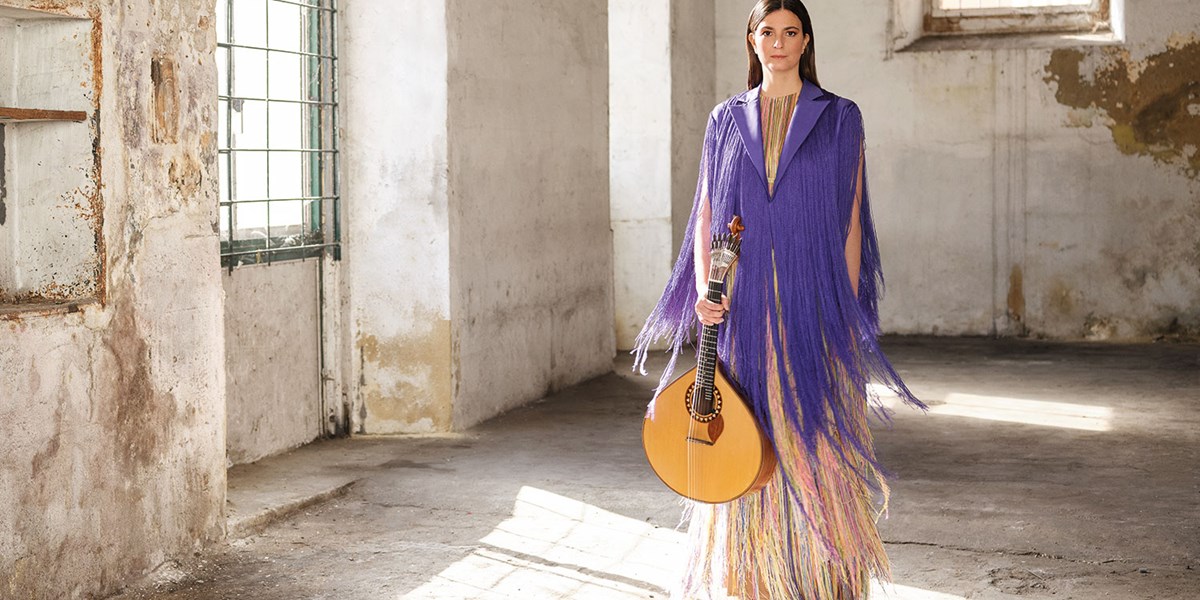Thursday, August 29, 2024
Marta Pereira da Costa interview: “It’s difficult to be the first one, it’s difficult to open doors…”
April Clare Welsh speaks to the Portuguese guitarist Marta Pereira da Costa who is breaking barriers for female fado musicians

Marta Pereira da Costa

Register now to continue reading

Thanks for visiting the Songlines website, your guide to an extraordinary world of music and culture. Sign up for a free account now to enjoy:
- Free access to 2 subscriber-only articles and album reviews every month
- Unlimited access to our news and awards pages
- Our regular email newsletters

